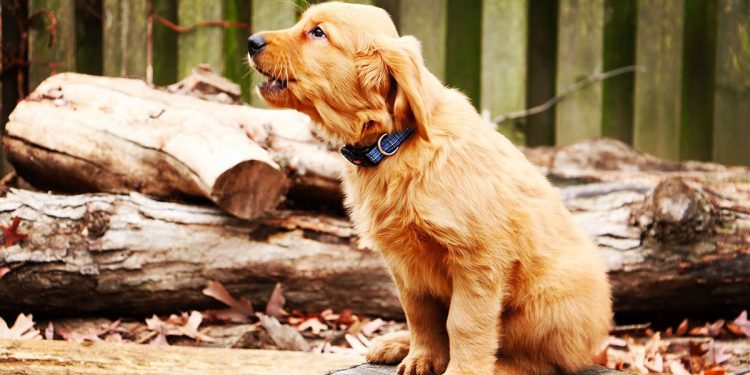Diarrhea is not a disease but rather a clinical sign of many different diseases. Diarrhea may also be the result of serious or life-threatening illnesses such as organ system failure or cancer. When your dog has diarrhea, it’s essential to take appropriate steps to address the issue and ensure your dog’s health and comfort. Here are some guidelines to follow:
- Assess the severity: Determine the severity of the diarrhea. If it’s a one-time occurrence or mild, you can try some home remedies and monitor your dog. However, if the diarrhea is severe, persistent, accompanied by other concerning symptoms, or if your dog is showing signs of distress, it’s best to consult a veterinarian.
- Provide water: Diarrhea can lead to dehydration, so make sure your dog has access to clean, fresh water at all times. If your dog is reluctant to drink, you can try offering small amounts of water frequently or using ice cubes to entice them.
- Adjust the diet: Temporarily switch your dog’s diet to a bland and easily digestible food to give their gastrointestinal system a chance to recover. Boiled chicken (without seasoning or skin) and plain, cooked white rice are commonly used for this purpose. Gradually reintroduce their regular food after a few days, mixing it with the bland diet in increasing proportions.
- Probiotics: Probiotics can help restore the balance of beneficial bacteria in your dog’s gut. Consult your veterinarian for a suitable probiotic supplement for your dog.
- Monitor and observe: Keep an eye on your dog’s behavior and overall condition. If the diarrhea persists, worsens, or is accompanied by other concerning symptoms such as vomiting, lethargy, loss of appetite, or blood in the stool, it’s crucial to seek veterinary attention promptly.
Remember, every dog is unique, and what works for one may not work for another. Consulting with a veterinarian is always a good idea to ensure an accurate diagnosis and appropriate treatment for your specific dog’s condition.










